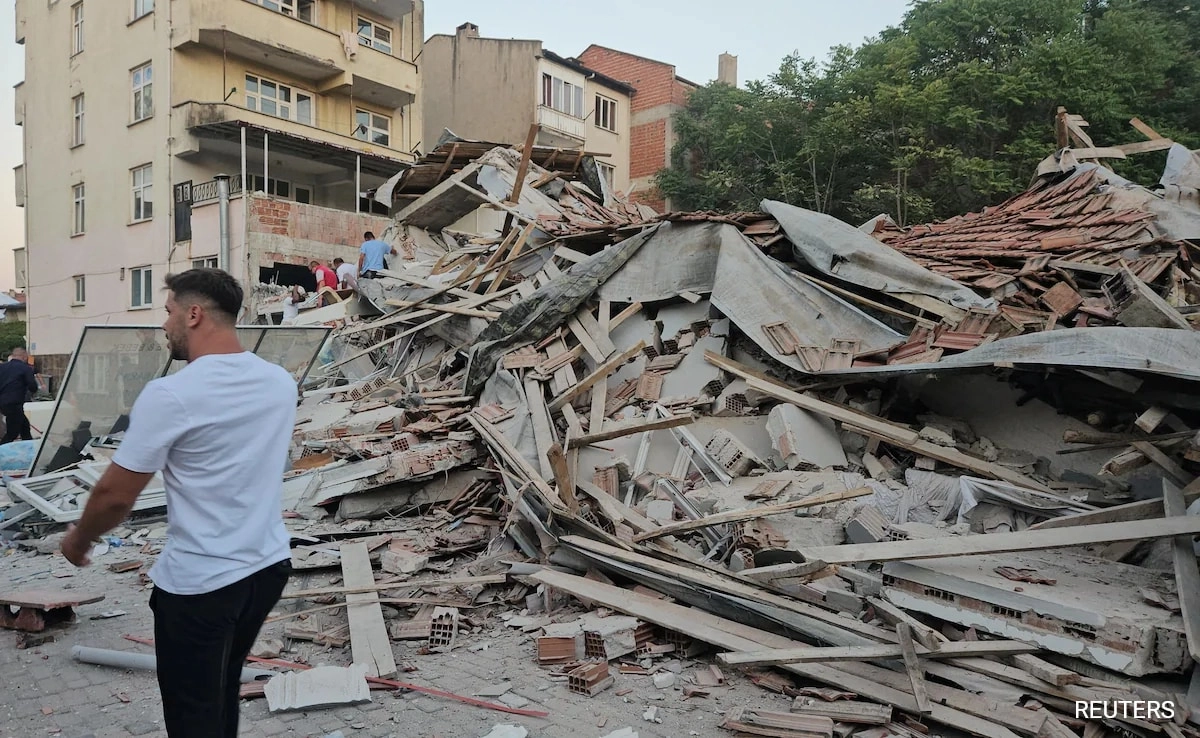A powerful earthquake measuring 6.1 on the Richter scale struck Turkey, resulting in significant destruction and loss of life. The tremor was felt across a wide region, causing panic among residents and leading to immediate evacuations in various cities. As a result of the earthquake, at least one person has been confirmed dead, and many more are feared trapped under the rubble of collapsed buildings. Emergency services have been mobilized, working tirelessly to rescue individuals who may still be alive beneath the debris.
The quake has caused widespread damage to infrastructure, with numerous structures unable to withstand the force of the seismic activity. Reports indicate that several buildings have completely collapsed, particularly in urban areas where construction standards may have been compromised. Eyewitness accounts describe scenes of chaos as people rushed to the streets, fearing aftershocks and the potential for further destruction. In addition to the immediate physical damage, the psychological impact on the affected communities is profound, with many residents experiencing trauma from the event.
Authorities are now focused on assessing the extent of the damage and coordinating rescue efforts. Teams equipped with specialized tools and trained dogs are sifting through the rubble in search of survivors. The government has also declared a state of emergency in the hardest-hit regions to facilitate a swift response. As the situation unfolds, concerns grow over the safety of aging buildings and the need for stricter construction regulations to prevent such tragedies in the future. The earthquake serves as a stark reminder of Turkey’s vulnerability to seismic activity, highlighting the importance of preparedness and resilience in the face of natural disasters.




